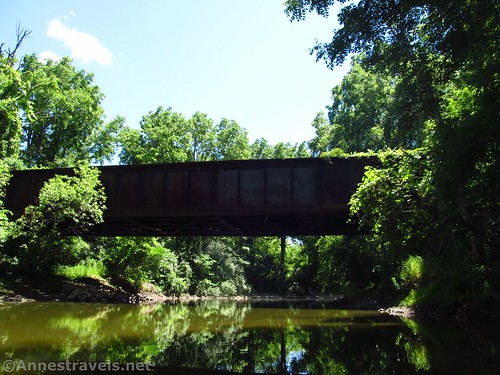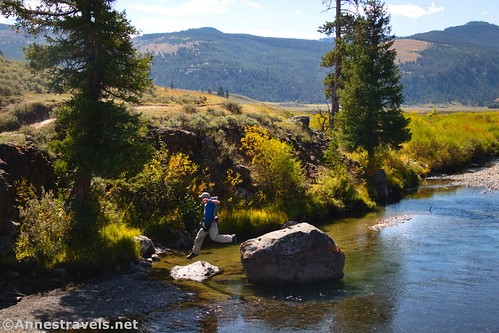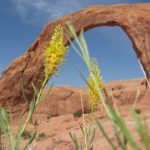
It’s been said that worry is faith in the wrong kingdom. I’d like to propose that a mentality of lack is faith in your own ability to provide.

If you come from a healthy situation, chances are that you were taught to plan for the future. Make a savings account. Think before you speak. Make a plan for how you’ll meet a goal or a deadline. Don’t wait until the last minute to begin a school assignment. Treat others the way you want to be treated. Calculate the risk before you do something. Don’t do things that you’ll regret later.

All of these are good things to do in life, and some of them are even specifically mentioned in the Bible. (For example, Matthew 7:12 and Luke 14:28-32.) The problem with this kind of thinking is that it puts a lot of pressure on us to behave in certain ways and to expect certain outcomes from our actions. We’re more or less taught, “If you do these things, you won’t have to worry later in life. You’ll be seen as a good person by the people around you. Life will go well for you.”

I can’t tell you how many people I know who have saved up – only to find their wealth whisked away by an economic crisis. Some have handled it well, others – well, not so well. The same thing has happened with the other, less tangible promises that we believe – social status, relationships, “going well” in life, etc.

It’s not that doing these things is wrong or bad – you should think before you speak, save for retirement, make plans, and be intentional about your actions. In fact, many of these intentional acts are part of being Christ-like and handling well the responsibilities that God has given you.

But back to my opening statement: When we put our hopes on these things that we do, we create a balance in our minds. On the positive side of the balance are all the things we do right that should produce good fruit. On the negative side of the balance are failing in one or more areas. And since we want abundance and not lack, we work hard on the positive side of the balance in order to achieve good things in life.

The problem is that while there is sowing and reaping, there’s more to abundance than working hard at your job. And when our preconceived notions of what should happen when we do the right things don’t end up making good stuff for us in life, it’s easy to shut down the idea of abundance in our minds. When this happens, we begin to believe that there isn’t enough to go around. If someone does have enough – or more than enough – obviously they are selfish hoarders who took it from us unjustly. If someone gets something good, it was a fluke of luck. (A lack mindset lends itself to fatalism.) Or someone got that good thing unjustly, or maybe they even took it away from us – stole our title, our bonus, our status.

But abundance is based on trust in more than just ourselves. It doesn’t negate doing the right thing, but it also trusts that God will care for us. We still should save money. We still should treat others well (acting in ungodly ways sabotages the abundance in our lives – and I’m not necessarily talking about outright sins as much as acting without wisdom, with dishonor, and without God’s perspective). Abundance says, “We’re going to find a way to make this work as we follow Christ.” Abundance says, “God doesn’t fail; He will show me the way. He will give me ideas, strategies, and implementations.” Abundance also says, “I may be weak, and I will not trust in my own wisdom, charm, intelligence, or strategies. I will trust in the One Who can provide for me.”

Do we still need to put in the work? Do we still need to be good stewards? Of course! Jesus had many parables about those who were lazy vs. those who did what God asked (Matthew 21:28–32, Luke 19:23-25). The real question is whether we trust in God to provide as we follow Him or if we – like the servant – believe that God is a ‘hard man’ who illegally gains his wealth and will punish us for losing what God gives us (Matthew 25:24-25). Abundance trusts God to use what we have to do even greater exploits, while a mindset of lack is afraid to use anything for fear of never having enough.






